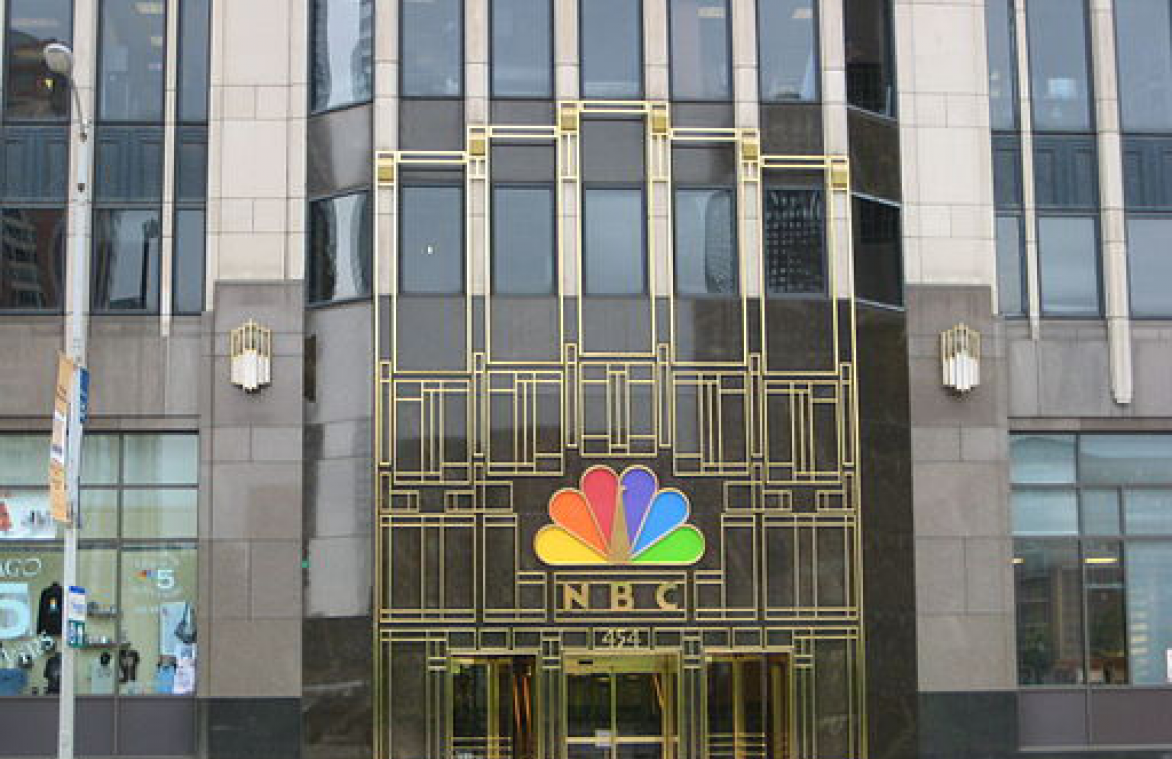The short answer to President Trump’s question, “at what point is it appropriate to challenge” a broadcast network’s license, is Never.
But his attack on NBC in his Oct. 11 tweet for supposed “Fake News” reported by NBC News raises two larger questions:
- Could he make such a challenge?
- If so, would it violate the First Amendment?
The short answers here are No and Yes.
First of all, as noted in several news reports, NBC the network has no broadcast license. Individual stations hold licenses. Stations may be affiliated with NBC or another network, but their licenses are their own. As the agency in charge of broadcast licensing, the Federal Communications Commission, says on its website:
“We do not license TV or radio networks (such as CBS, NBC, ABC or Fox) or other organizations with which stations have relationships (such as PBS or NPR).”
The president later that day reasserted his views on the news media, tweeting: “Network news has become so partisan, distorted and fake that licenses must be challenged and, if appropriate, revoked. Not fair to public!”
In response, several press-freedom groups including the Reporters Committee for Freedom of the Press issued a statement:
“When coming from the leader of the free world, words matter. And if the First Amendment means anything, it’s that the government can’t censor news because it’s critical of the government. The president should be working to uphold the values of the First Amendment, not tearing them down.”
That statement provides a good answer to question two – threats to intimidate journalists certainly do run counter to the First Amendment, which says, in part, “Congress shall make no law … abridging the freedom of speech, or of the press … .”
Trump was upset by NBC News reports saying he had asked that the U.S. nuclear arsenal be increased tenfold, and that Secretary of State Rex Tillerson had called Trump a “moron” in a separate meeting. Both assertions, Trump insisted, were false.
So what about inaccuracy, bias and unfairness in news reporting? When misreporting occurs, what is the remedy? What can anyone do?
In the entry for False Speech in MTSU’s First Amendment Encyclopedia, MTSU First Amendment expert John R. Vile notes:
“The more recent buzzword for false speech is fake news. The term, which often mixes criticism not simply of facts but also of their interpretation, further illumines the difficulty of allowing government … to arbitrate rival claims to truth.”
As for falsehoods in news, Vile says, the First Amendment might not shield “individuals who engage in slander or libel, especially those who display actual malice by knowingly publishing false information or publishing information ‘with reckless disregard for the truth.’ “
That is, to win damages against the press, a government official would have to go to court to prove that a news report was malicious in ways just described, as set forth in the 1964 U.S. Supreme Court ruling in New York Times v. Sullivan (explained in another Encyclopedia entry.)
But for the most part, as Vile says, “the government does not stand as the definer of truth, which is designed to emerge from the clash of opinions rather than from government fiat.”
The FCC itself states that it “generally will not intervene in such cases because it would be inconsistent with the First Amendment to replace the journalistic judgment of licensees with our own.”
The agency encourages aggrieved individuals to write directly to local broadcasting stations to make their complaints known.
The First Amendment protects us from government attempts to dictate, change or otherwise control what we read, see and hear through the news media. A free society is free in part because government cannot decide what is true and what is not, and cannot tell people how to interpret information.
If it could, we might well say, “Not fair to public!”
Brian J. Buchanan is the former managing editor/online for the First Amendment Center in Nashville.

